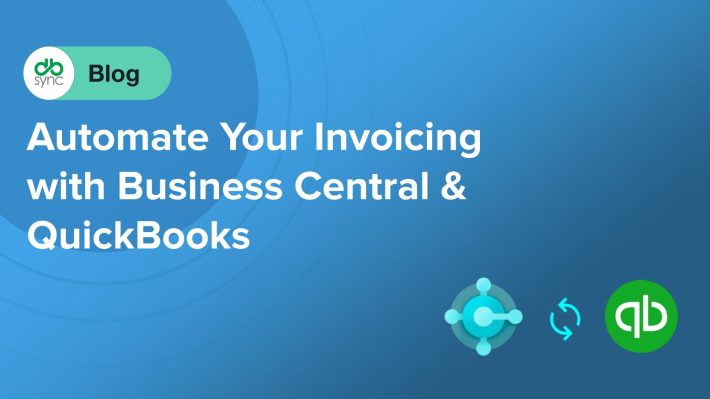Why is it Essential for Small Businesses to Integrate CRM and QuickBooks?
The CRM (Customer Relationship Management) referred in this blog represents CRM likes Salesforce.com and Microsoft Dynamics CRM are well known business tools due its capacity to instantly manage customer data from different channels and demonstrate it in one consolidated view. Matching up your QuickBooks or your accounting software with your CRM solution can boost and widen the effectiveness of your small business. Integrating QuickBooks with the CRM enables you to share with your sales team your financial data. It will not just allow you to view any information about your customer but when you connect with QuickBooks, you can also generate customer reports, trace expenses, and win awareness for you to plan and conclude much better.
QuickBooks is one of the most popular Accounting packages in market with over 4 million users and is the best selling accounting program for many small businesses. As the businesses develops and grows the needs of more software for tracking the Sales, Inventory, HR, Payroll, marketing analytics and etc also becomes essential. As you go into details of these systems, it’s very necessary that all of your systems work well jointly. The more united and precise your data becomes, the more accurate decisions for your business becomes. A major reason why QuickBooks is famous is due to its simplicity and its capability to integrate with lots of other applications. Integrating your data also enables you to save cost as it eliminates having a double entry of data.
The primary reason why it’s very essential for every business to integrate CRM (or even eCommerce) and QuickBooks is in order to remove and in some cases significantly reduce double data entry as well as enhance the accuracy when quotes are transferred into sales orders and sales orders are transmitted into the invoice. The line items which are from sales opportunity needs to flow to the sales orders and invoices in QuickBooks. This process is essential that it be automated because small businesses usually are low on work force to be able to do all of this. An integration of CRM and QuickBooks can simplify their life and will give them the visibility and flexibility which is required to run a profitable, undefeated organization.
In the course of time, many small businesses that have inventory realize quickly of the limitations for QuickBooks around inventory management when it comes to tracking like warehouse tracking and tracking changes in inventory levels, not just on-hand quantities and more. And this is where integration with cloud apps such as force.com could be helpful. One could easily extend a platform like force.com to build a web-based inventory management module and potentially plug into QuickBooks inventory module. A setup like this can provide visibility on cloud for your order management and customer by means of summarizing all inventory as well as customer data in just one sphere.
With the CRM’s like Salesforce.com it would maximize your business in order to win rates by about 29% in managing your contacts and sales activities. And it also enables you to gain realistic time forecasts and dashboards at a more accurate of percentage of 44% and of course close more deals from potential customers. And you’ll surely get other benefits such as a single list of your customers so your sales reps can able to cross sell or offer much higher price to recent customers. It also shares key data, like QuickBooks sales data and items and the Salesforce.com would generate the records. It would as well save your time and trouble as your account in QuickBooks integrates with your Salesforce accounts, it means to say you only need to enter data just once and the necessary information about financials would come to Salesforce from the QuickBooks like its credit limits and its open balances. All actions made in Salesforce can set off a transaction to be generated in QuickBooks with salesforce and quickbooks integration.
CRM and QuickBooks are the two very essential tools and integrate well balance to unify both processes. Integration is a very demanding and analytical component in getting the most important details of any business management system.
